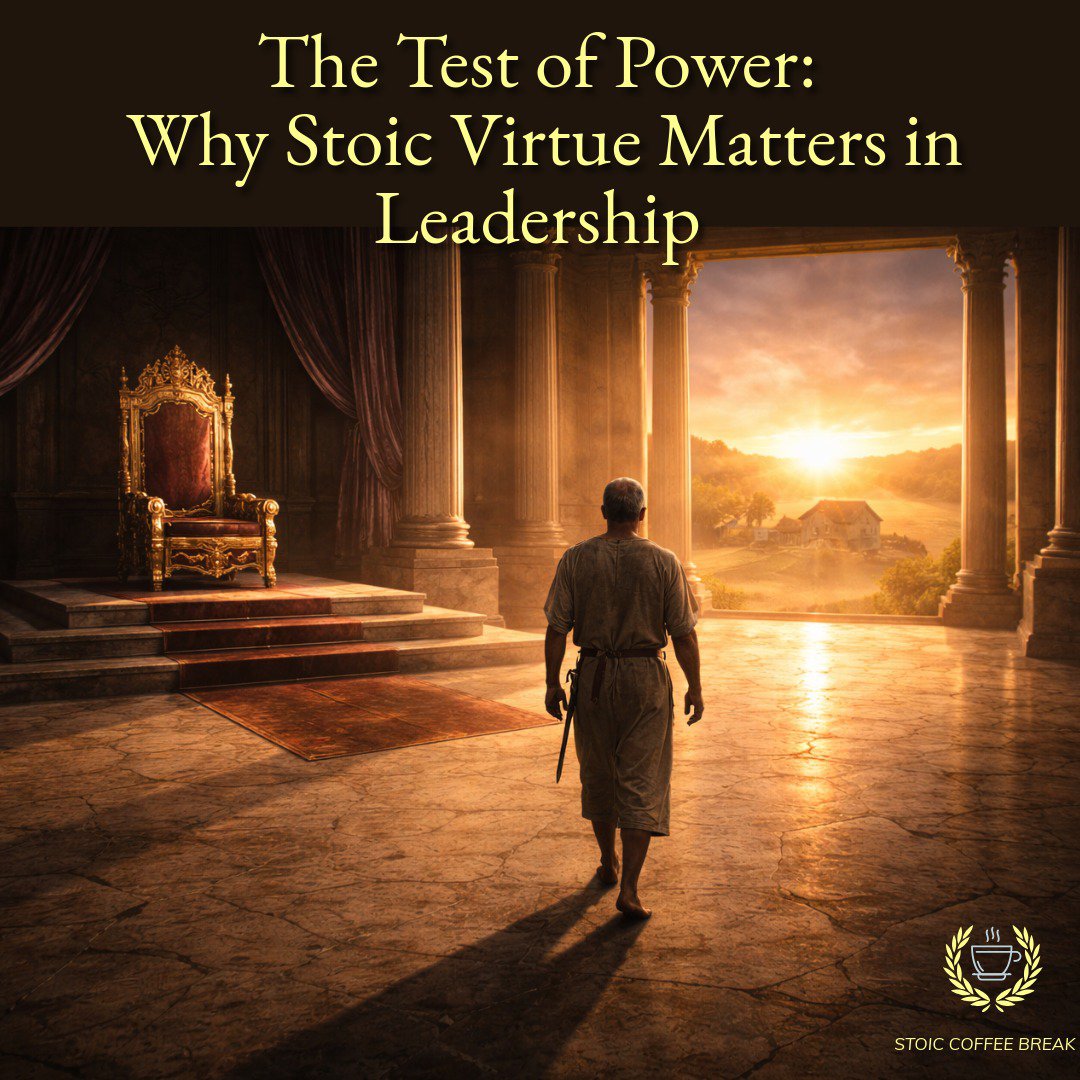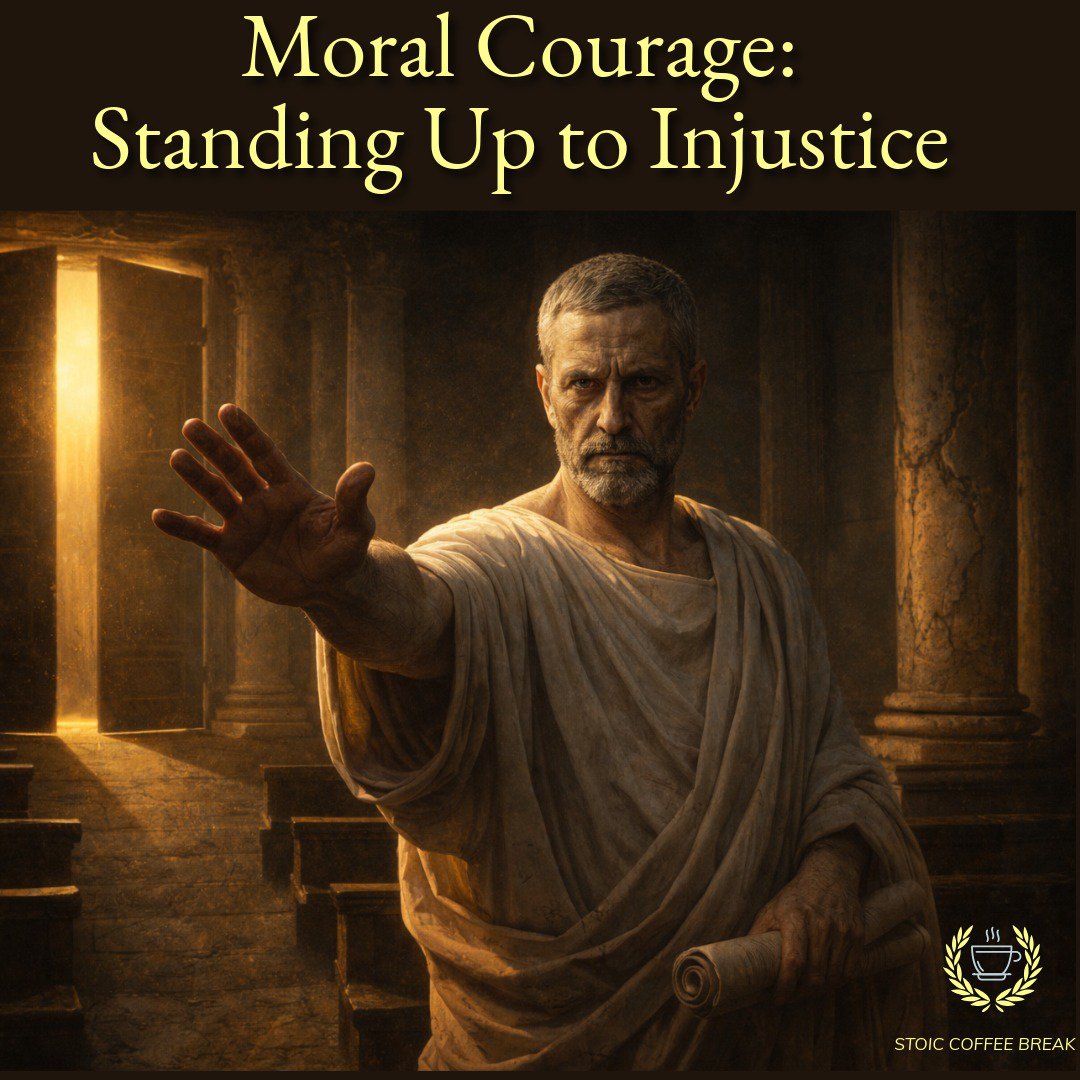“Man is affected, not by events, but by the view he takes of them.”
— Epictetus

Show Notes:
• Human beings are creatures that love good stories. Stories are the things that we use to make sense of the things in the world.
• Myths, such as the Greek and Roman or even Norse gods were used to explain why things happen in the world.
• Human beings like to give meaning to the things in their lives.
• It’s part of what makes us human. We give meaning to the expressions on other peoples faces. We give meanings to the words they speak.
• We attribute feelings and thoughts to animals even when we have no real idea of what their thoughts really are.
• One of the core tenets of Stoicism, is the understanding that events and circumstances are simply neutral. They have no meaning other than what we give to them.
• Things happen in life without any reason, which is hard because we as humans want to give meanings to events. We crave a reason. We crave a why. We want to believe that the hard things we go through have some greater purpose. Otherwise we feel that we suffer for nothing.
• For example, if we’re struggling with something, we can look at it as a struggle.
• But if we treat our challenges as opportunities to grow, then we haven’t suffered. We’ve grown stronger. It’s all about perspective.
• Years ago, I heard a great parable that illustrates well.
• A farmer finds a wild horse in his field. He’s able to lead the horse home and puts him in his stable.
• The neighbors upon hearing about the horse, congratulate him on his good luck.
• The farmer simply replies, “Good luck or bad luck, who knows?”
• The next day his son, while trying to train the horse, ends up being thrown, and breaks his leg.
• The neighbors upon hearing about the son, console the farmer on his bad luck.
• The farmer simply replies, “Good luck or bad luck, who knows?”
• The next day while the son is in the hospital, the representative from the emperor comes into town to draft conscripts for the army to fight on the border. His son is released from his obligation because of his broken leg.
• The neighbors upon hearing about his son missing the draft, congratulate him on his good luck.
• The farmer simply replies, “Good luck or bad luck, who knows?”
• After a week, the son comes home to finish recovering. While at the hospital he met a nurse and fell in love, and decided to get engaged.
• The neighbors upon hearing about the engagement, congratulate him on his good luck.
• The farmer simply replies, “Well, when it comes to marriage…good luck or bad luck, who knows?”
• Events and circumstances of life are neutral. It’s up to you to decide if you have bad, or good luck.


